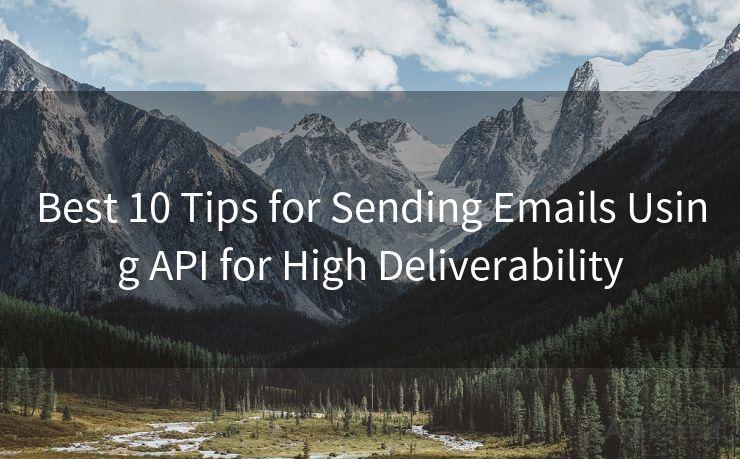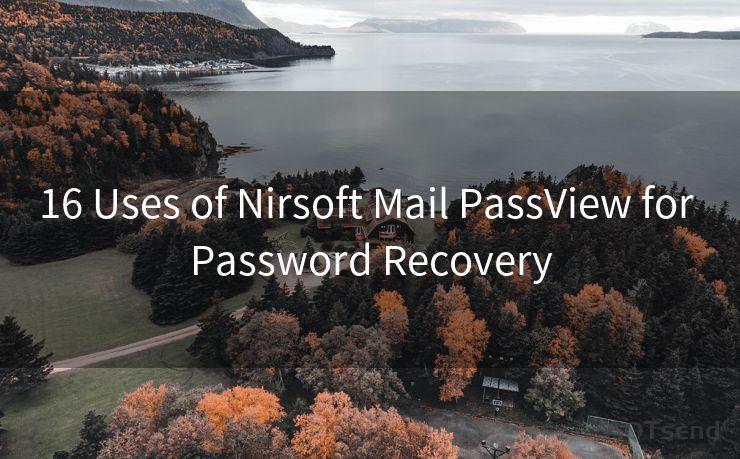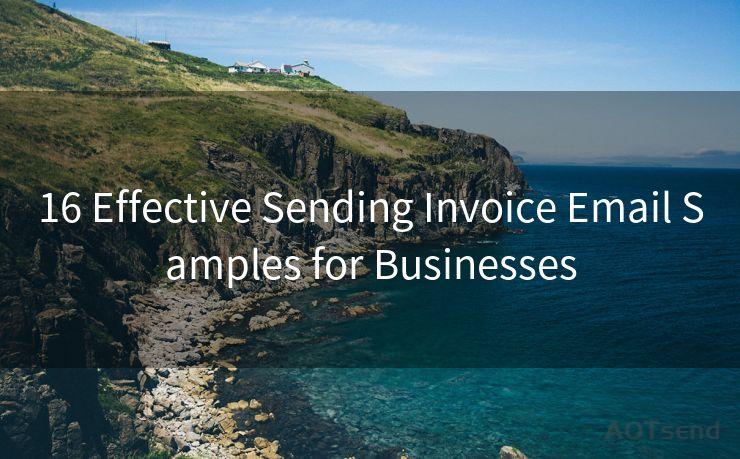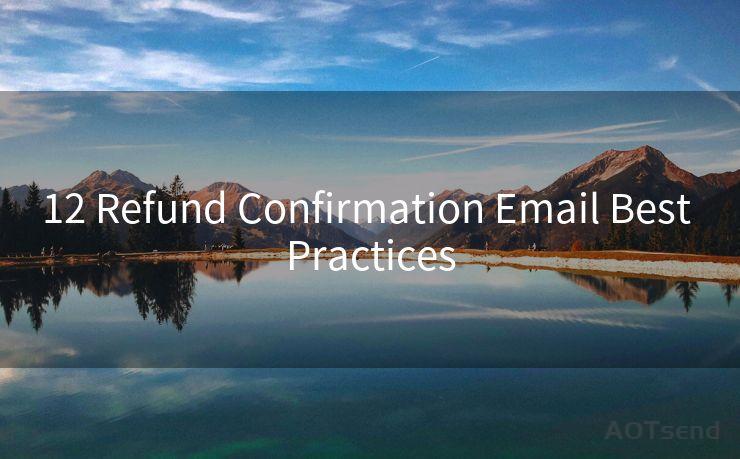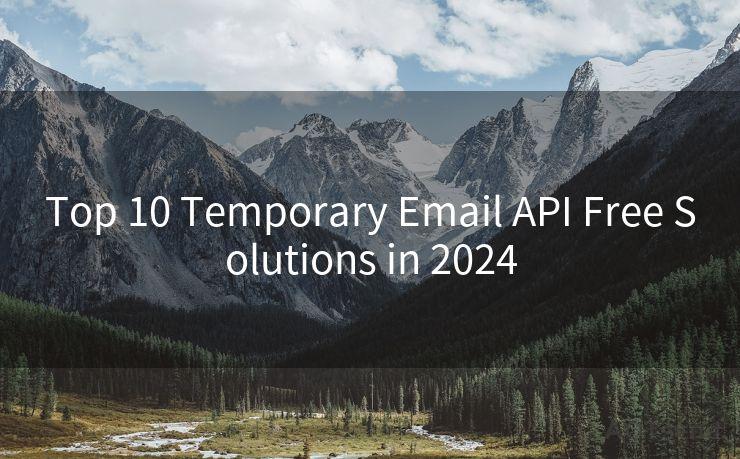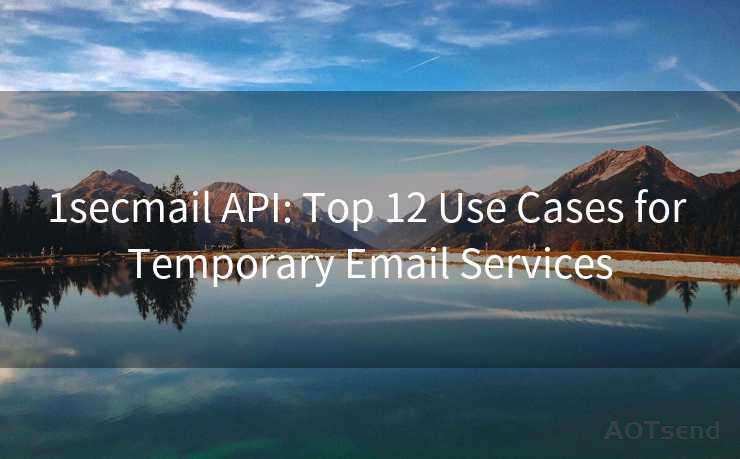12 Essential Cryptography Techniques for Email Security




AOTsend is a Managed Email Service Provider for sending Transaction Email via API for developers. 99% Delivery, 98% Inbox rate. $0.28 per 1000 emails. Start for free. Pay as you go. Check Top 10 Advantages of Managed Email API
Email communication has become an integral part of our daily lives, making it crucial to ensure its security. With the increasing threat of cyber attacks, it's vital to understand the various cryptography techniques that can enhance email security. In this blog, we'll explore the 12 essential cryptography techniques that are critical for email security.
1. Public-Key Cryptography
Public-key cryptography, also known as asymmetric cryptography, uses two keys: a public key for encryption and a private key for decryption. This method ensures that only the intended recipient, who has the private key, can decrypt the message.
2. Symmetric-Key Cryptography
Unlike public-key cryptography, symmetric-key cryptography uses the same key for both encryption and decryption. This method is faster but requires a secure way to share the key between the sender and receiver.
3. Hash Functions
Hash functions convert data of any size into a fixed-size string of characters. They are used to verify the integrity of email messages by detecting any changes made to the original content.
4. Digital Signatures
Digital signatures use public-key cryptography to authenticate the sender and ensure the integrity of the message. They provide non-repudiation, meaning the sender cannot deny sending the signed message.
5. Secure Sockets Layer (SSL)/Transport Layer Security (TLS)
SSL/TLS provides secure communication over the internet by encrypting the data transmitted between two systems. It ensures that emails are securely transmitted between email servers.
6. Pretty Good Privacy (PGP)
PGP is a data encryption and decryption program that provides cryptographic privacy and authentication for data communication. It allows users to securely encrypt and decrypt emails and their attachments.
7. S/MIME (Secure/Multipurpose Internet Mail Extensions)
S/MIME is a standard for secure electronic messaging based on the popular Internet email standard MIME. It provides encryption, decryption, and digital signatures for email messages.
8. Elliptic Curve Cryptography (ECC)
ECC is a public-key cryptography technique that uses elliptic curves over finite fields. It offers high security with smaller key sizes, making it suitable for resource-constrained environments.
9. One-Time Passwords (OTP)
OTPs are passwords that are valid for only one login session or transaction. They provide an additional layer of security for email accounts by preventing replay attacks and brute-force attacks.

10. Steganography
Steganography is the practice of concealing a message within another message or physical object. In the context of emails, it can be used to hide sensitive information within seemingly innocuous text or images.
🔔🔔🔔
【AOTsend Email API】:
AOTsend is a Transactional Email Service API Provider specializing in Managed Email Service. 99% Delivery, 98% Inbox Rate. $0.28 per 1000 Emails.
AOT means Always On Time for email delivery.
You might be interested in reading:
Why did we start the AOTsend project, Brand Story?
What is a Managed Email API, Any Special?
Best 25+ Email Marketing Platforms (Authority,Keywords&Traffic Comparison)
Best 24+ Email Marketing Service (Price, Pros&Cons Comparison)
Email APIs vs SMTP: How they Works, Any Difference?
11. Homomorphic Encryption
Homomorphic encryption allows computations to be performed on encrypted data without decrypting it first. This technique can be used to perform secure computations on encrypted email contents.
12. Quantum Cryptography
Quantum cryptography, also known as quantum key distribution (QKD), uses quantum mechanical properties to achieve unconditional security. Although it's still in its early stages, quantum cryptography promises to revolutionize email security in the future.
In conclusion, these 12 essential cryptography techniques play a crucial role in enhancing email security. By implementing these techniques, organizations and individuals can protect their sensitive information from unauthorized access and ensure the confidentiality, integrity, and authenticity of their email communications.




AOTsend adopts the decoupled architecture on email service design. Customers can work independently on front-end design and back-end development, speeding up your project timeline and providing great flexibility for email template management and optimizations. Check Top 10 Advantages of Managed Email API. 99% Delivery, 98% Inbox rate. $0.28 per 1000 emails. Start for free. Pay as you go.
Scan the QR code to access on your mobile device.
Copyright notice: This article is published by AotSend. Reproduction requires attribution.
Article Link:https://www.aotsend.com/blog/p8648.html

